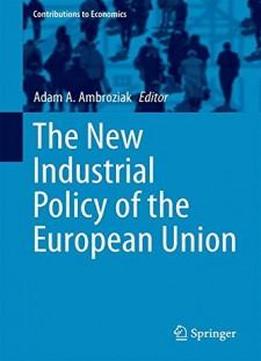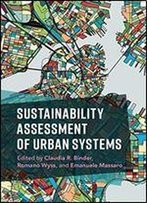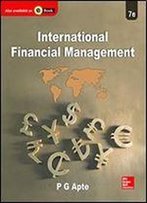
The New Industrial Policy Of The European Union (contributions To Economics)
by Adam A. Ambroziak /
2016 / English / PDF
5.6 MB Download
The main objective of this book has been to carry out research
into the definition of industrial policy and its goals; to
evaluate previously-introduced policies and instruments; and to
identify the future challenges for and features of a modern EU
industrial policy. A modern industrial policy is seen as a
non-traditional policy towards the industrial sector, based not
necessarily on only the elimination of market failures (within
the sectoral and/or horizontal approaches), but rather on the
expanding the scope of industrial economic activities within the
framework of both the pre- and post-fabrication stages.
The main objective of this book has been to carry out research
into the definition of industrial policy and its goals; to
evaluate previously-introduced policies and instruments; and to
identify the future challenges for and features of a modern EU
industrial policy. A modern industrial policy is seen as a
non-traditional policy towards the industrial sector, based not
necessarily on only the elimination of market failures (within
the sectoral and/or horizontal approaches), but rather on the
expanding the scope of industrial economic activities within the
framework of both the pre- and post-fabrication stages.
The book targets three market segments: academics; policy and
decision-makers at the EU, national and regional level, as well
as business practitioners. It includes a wide-ranging analysis of
different spheres of industrial policies conducted within the
European Union, making it of interest to an international
audience. Each chapter also offers detailed and valuable
comments, as well as conclusions that can be generally applied,
ensuring the book’s universality. The book presents the results
of a research project conducted in the Collegium of World Economy
at the Warsaw School of Economics.
The book targets three market segments: academics; policy and
decision-makers at the EU, national and regional level, as well
as business practitioners. It includes a wide-ranging analysis of
different spheres of industrial policies conducted within the
European Union, making it of interest to an international
audience. Each chapter also offers detailed and valuable
comments, as well as conclusions that can be generally applied,
ensuring the book’s universality. The book presents the results
of a research project conducted in the Collegium of World Economy
at the Warsaw School of Economics.










